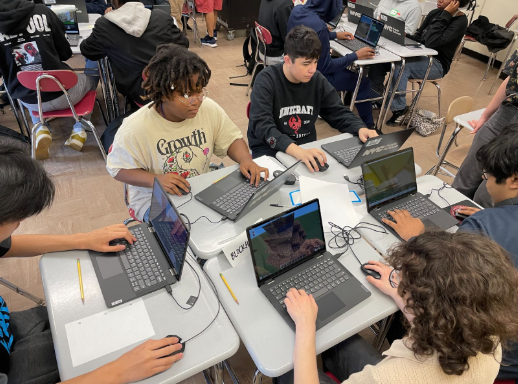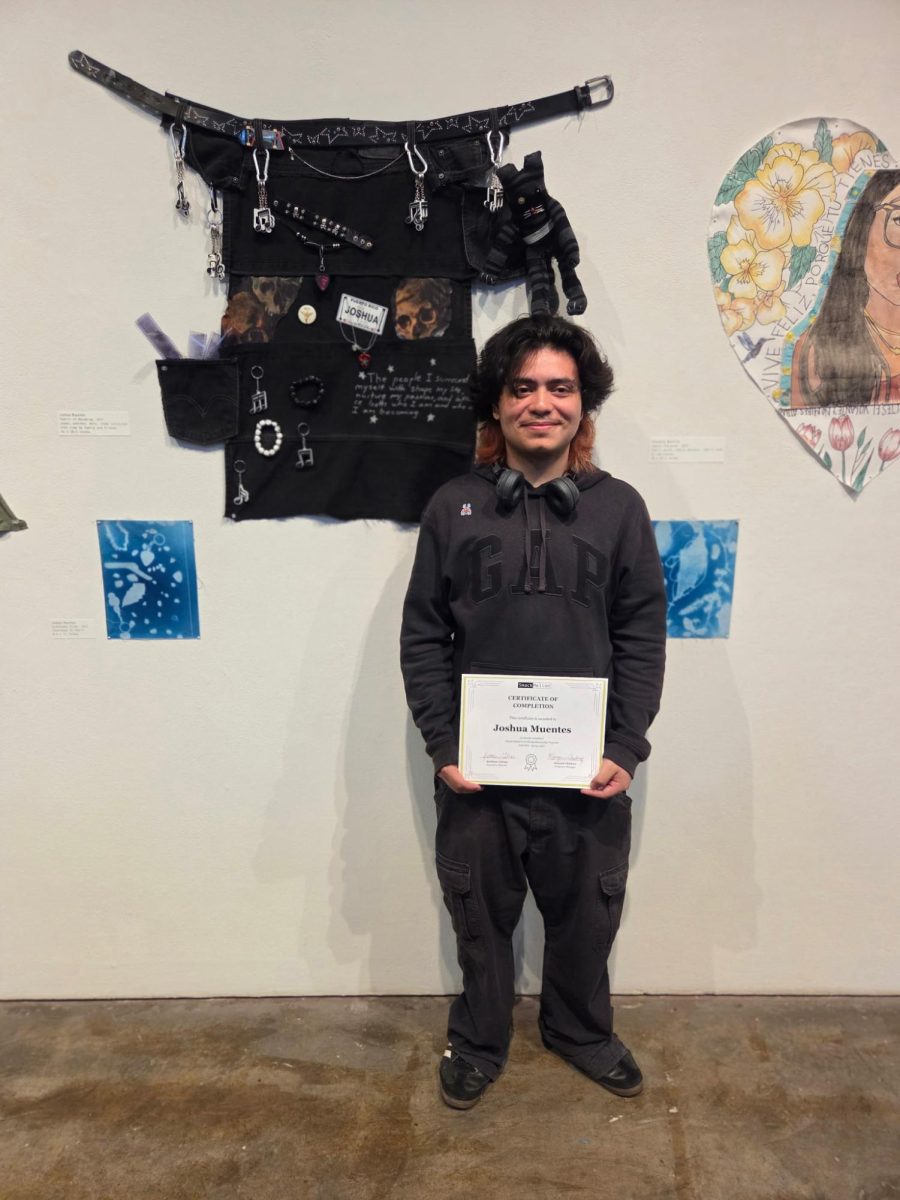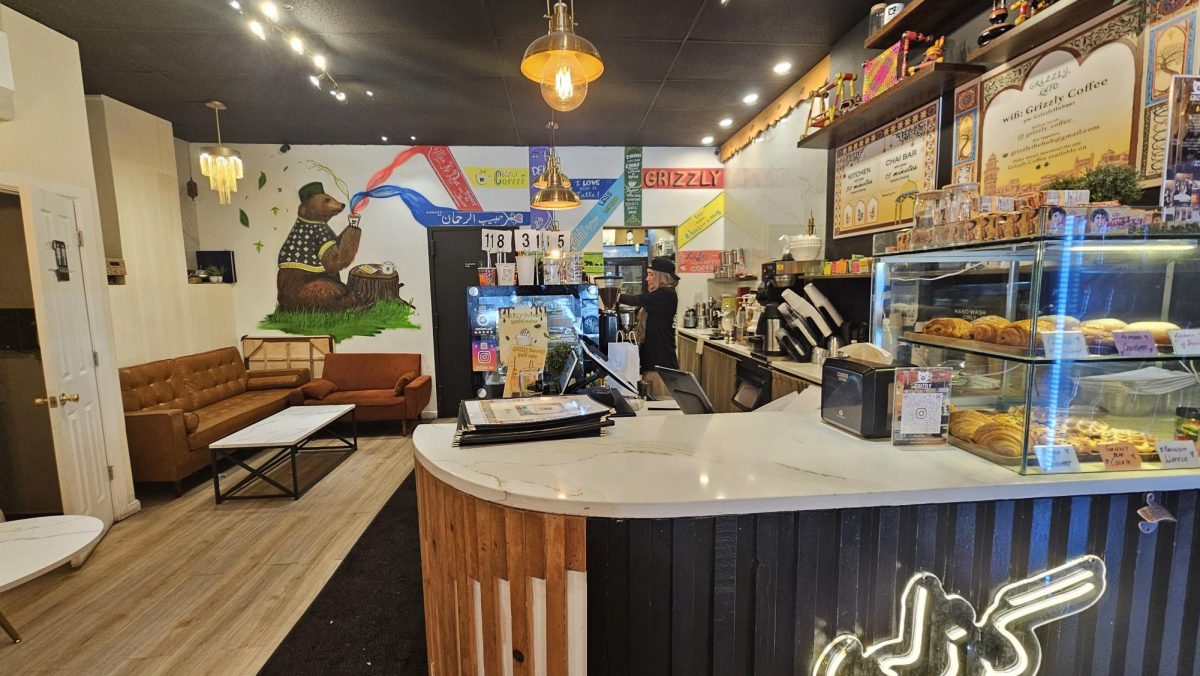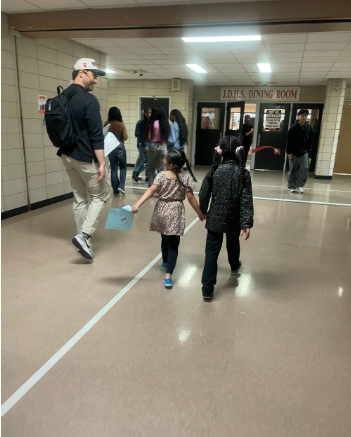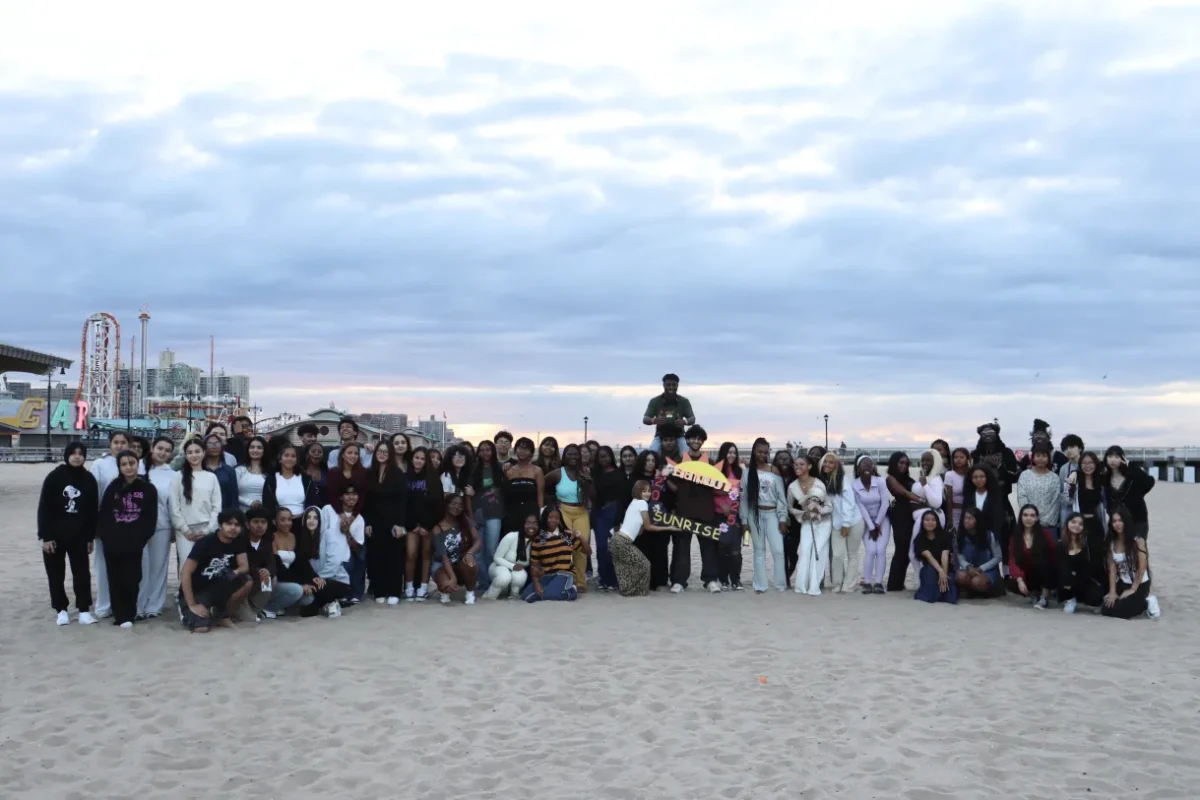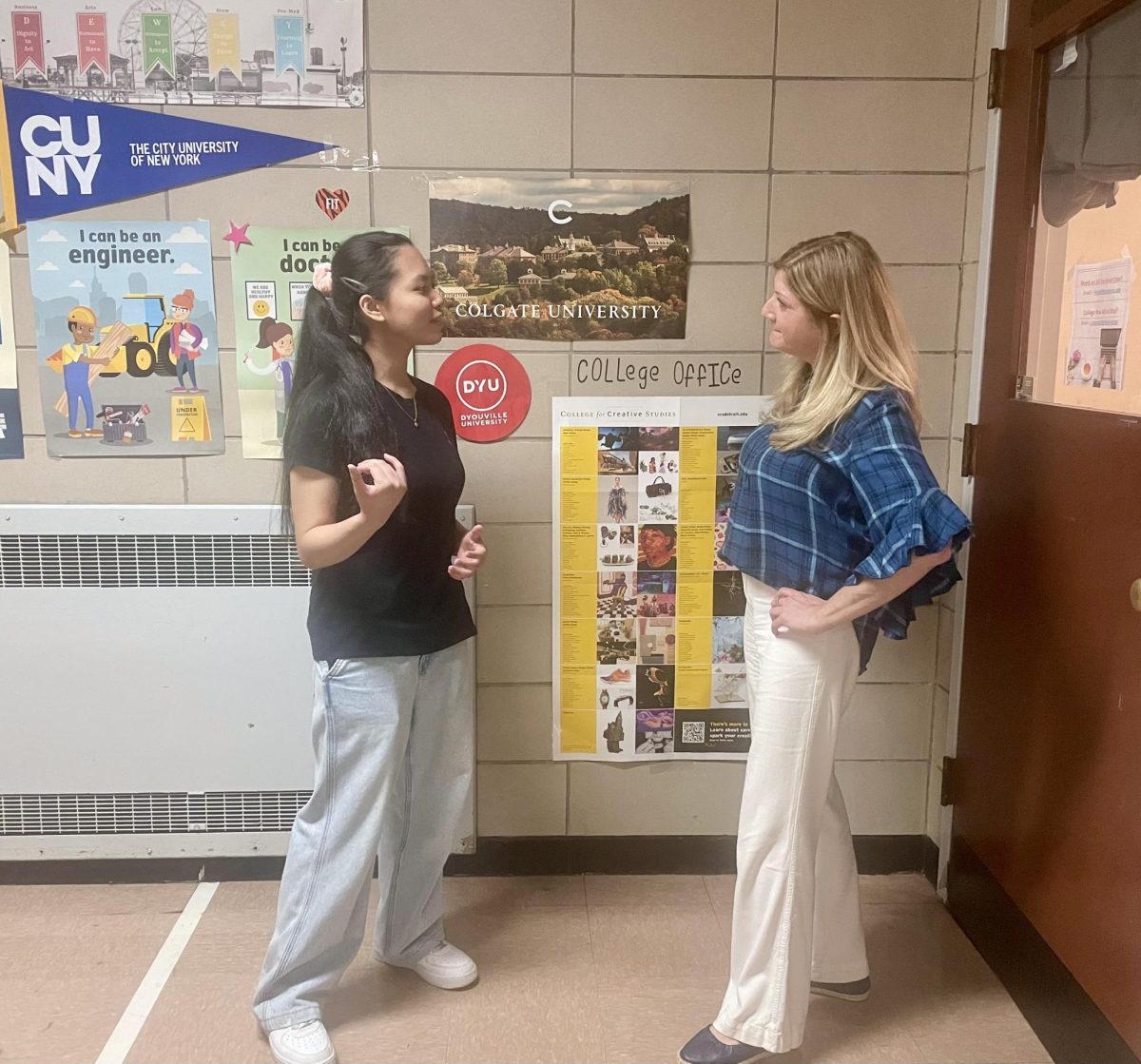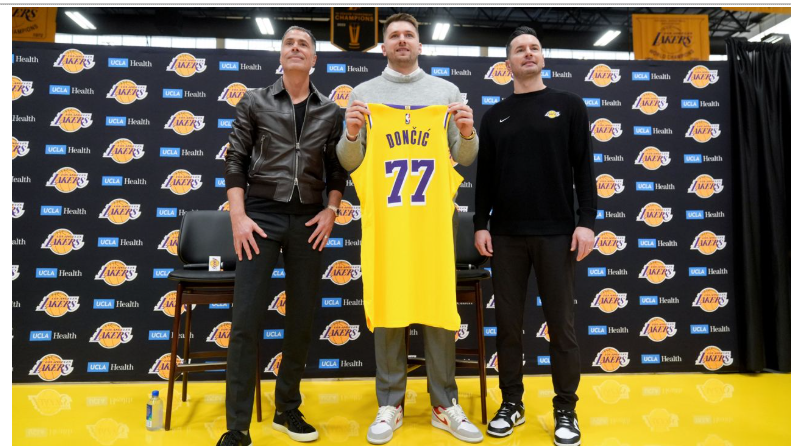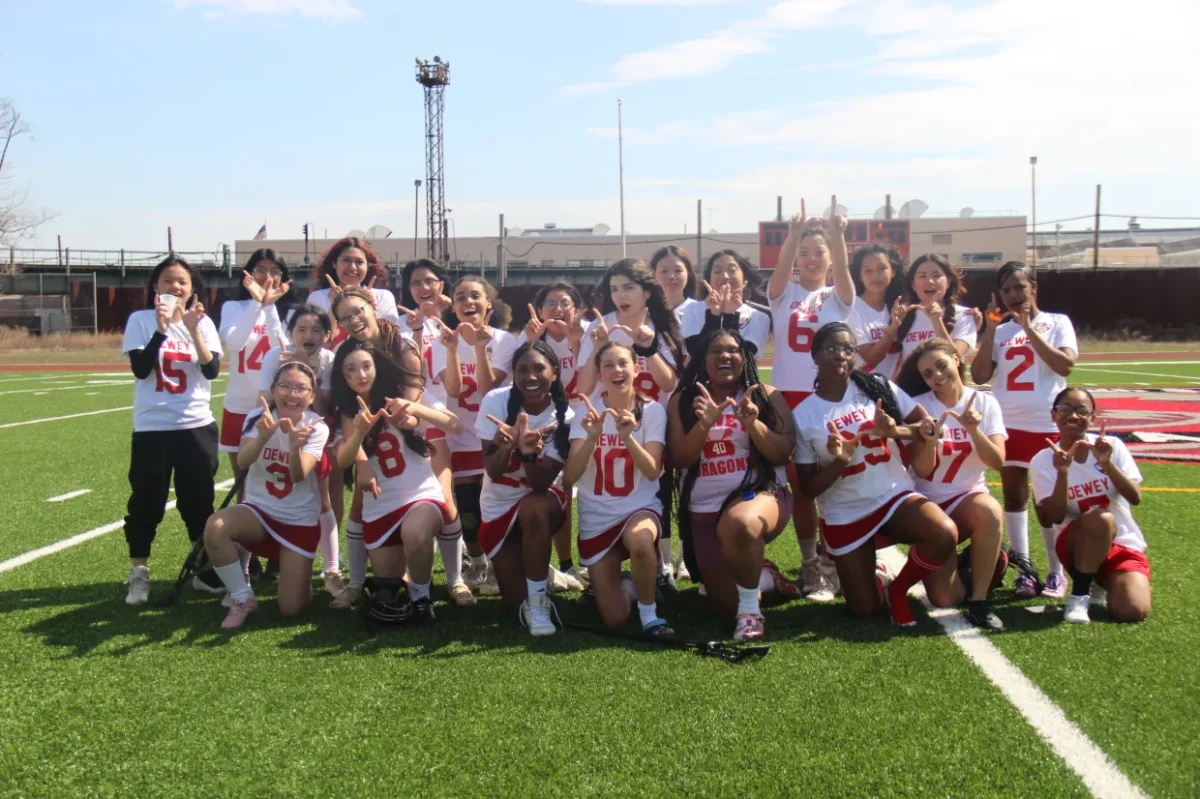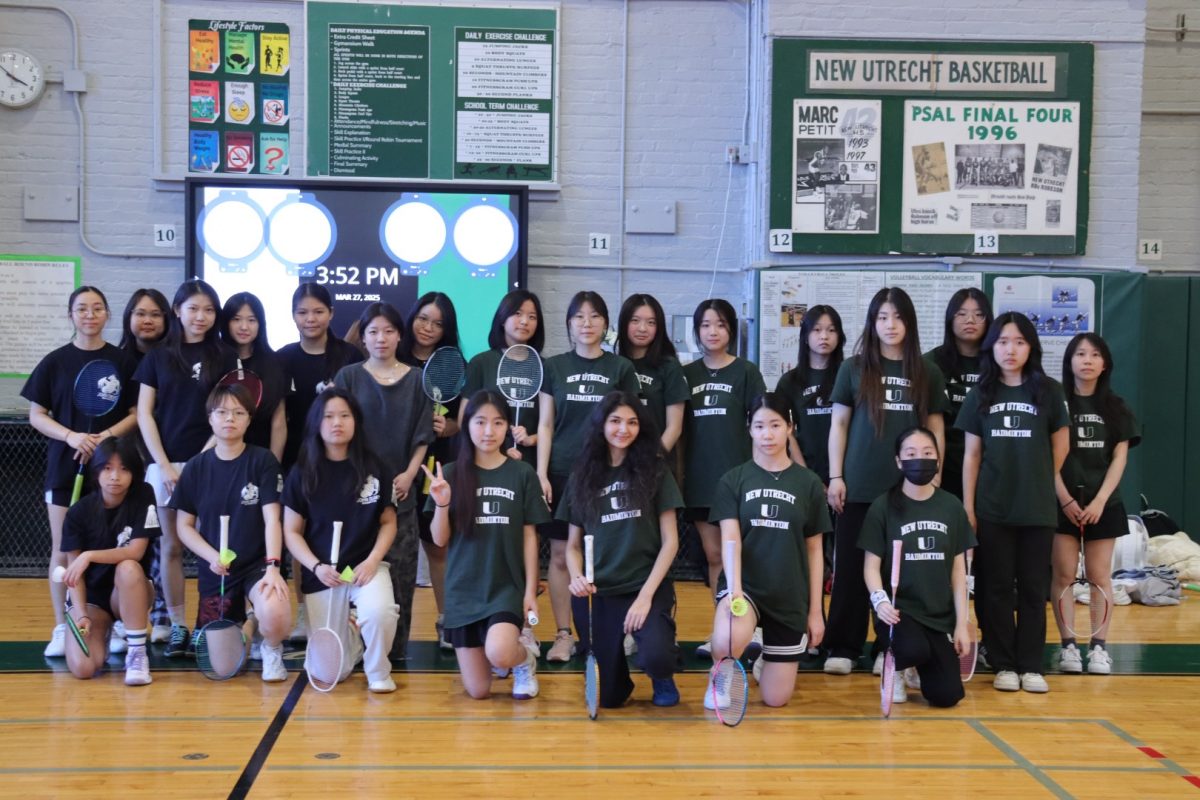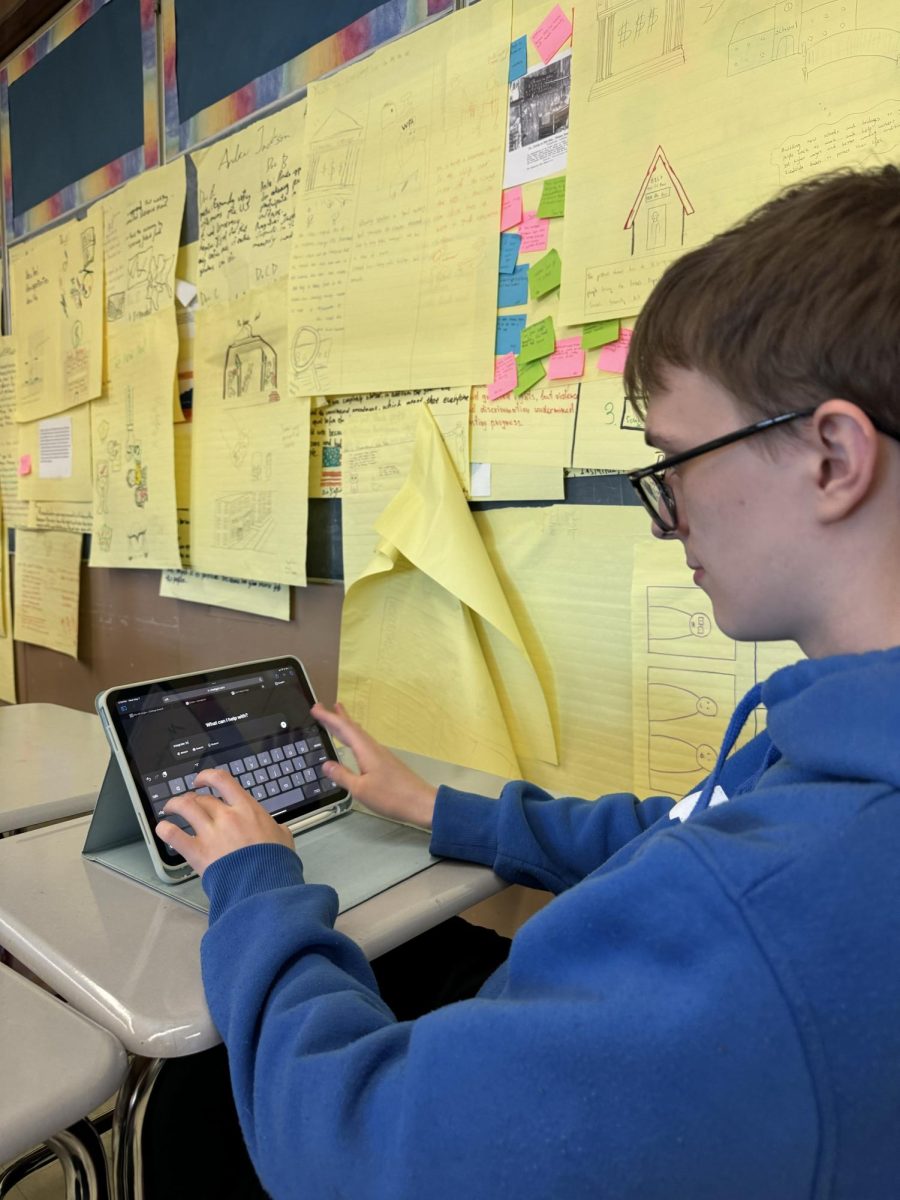As ChatGPT becomes increasingly popular, the concerns over its effects on education are rising as well. What are people concerned about? Are there ethical ways to use AI in education? This article will provide answers to these questions.
Since 2022, AI platforms, such as ChatGPT and DeepSeek, have gradually gained popularity. These chatbots are easy to use, provide good feedback, and answer questions about a variety of topics, starting from basic math problems to career advice.
AI has a variety of uses in education. Students may utilize it to explain the material, get feedback, outline essays, or show an example of a problem or an assignment. Out of 31 JDHS students surveyed, 42% reported using AI for assignments on a daily basis, and 25% reported using it occasionally. Out of the same group, 75% reported that it helps them deepen their knowledge of the subject.
“I don’t think ChatGPT is really doing more harm than good. When students use it as a helpful tool, it can be beneficial academically,” Angel Zhang, a senior, said. “ChatGPT can offer feedback on essays and other schoolwork that can further provide students with ideas on what to focus on. The popular use of AI for educational purposes signifies that it is a great implementation for both students and teachers.”
As Zhang points out, AI can help teachers as well. “Artificial intelligence can definitely have use in education. It has helped me differentiate the lesson plans. I give it the lesson plan, and it just fills out the minor details and helps me focus on improving my lessons,” Mr. Personette, a teacher at Dewey, said.
However, the same students that said they have used ChatGPT before acknowledged that AI brings harm to the education system as well.
“ChatGPT has created a reliance on a source rather than our own minds for academic creativity and ingenuity,” Nyomi Cadet, a junior, said. ”When students come across problems in their studies, they are no longer taking time and thought to push through the roadblock. Every difficulty is automatically met with, ‘well, I don’t need to figure this out, ChatGPT will give me an answer, and it is surely the right answer.’”
“Yes, [artificial intelligence] has its benefits, but I think it personally takes away the creativity and actual efforts you put into work,” Maybo Choi, a senior, said.
“Personally, I believe the usage of AI should be heavily restricted, especially in current times where there is a lack of original thoughts and thus just a proliferation of similar ideas rooted in one ideology or concept,” Lizi Makashvili, a senior, said.
Most of the students, though, were unclear about their standpoint, as the tool has many benefits as well as drawbacks.
“I’m not entirely sure where I stand, but I believe ChatGPT and other AI tools can help a student if used in the right way,” Christina Noel, an upperclassman, said.
Students around the world have also taken a similar stand. “Like everything else, ChatGPT has side effects too, but in general, I can’t say whether it is good or bad for education levels, because it depends on how students use it,” Nutsa Tsiklauri, a college freshman from Georgia, said.
“I think we shouldn’t be dependent on it, but asking for clarification is okay,” Mariam Chachanidze said.
The general consensus among the respondents is that AI can bring a lot of harm. However, if used correctly and ethically, it can be a powerful tool that helps the education levels. “It all depends on the student; some use it to gain more knowledge, and others use it to do their homework,” Vano Chilindrishvili said.
“I think ChatGPT is a tool that is only as useful as the person wielding it. You can’t just generalize or critique all students for using it,” Karen Lin, the editor in chief of the Dragon’s Den, said.
“AI is a beautiful tool that is changing our world for the better. It’s saving lives in medicine. Discovering worlds in space exploration. Anyone can open up a Meta-owned app, ChatGPT, or even Snapchat and have AI create videos of political propaganda, false news, and stolen artwork,” Cadet said. “Any student can use it to do their homework for them. Bad intention in users is the only downside to AI. We cannot blame companies for making it easy to use and accessible. We can only blame the corrupted few who use AI for bad.”
Yet, it is still unclear how the unethical use of it can be prevented. Some students suggested completely banning it, but a few came up with possible solutions. “Most people don’t know that using AI impacts the environment. So, I guess giving more information to people would help that,” Kate Beridze said.
Indeed, as Beridze pointed out, AI is detrimental to the environment. A great deal of electricity and water needs to be used in order to keep these machines running. Educating students about this issue may prove to be beneficial to keep the use of these tools in check.
“Parental or school supervision could help this issue. Maybe if a parent/educational facility had access to the child’s account, the unethical use of AI could be prevented,” Amir Ahmetjanov, a senior, said.
In the end, it is extremely challenging to avoid a world where all the students wield the tool rightfully. Banning it would take away the many benefits AI provides. However, the accessibility and the ease of using it can potentially harm education worldwide.
“Teachers and students need to adapt to this new era. We can’t deny its usefulness. Personally, I try to assign mostly projects and presentations that are harder to be done with just the use of AI,” Mr. Personette said. “Teachers need to come up with new types of lessons, and students need to use ChatGPT and other tools more ethically.”

